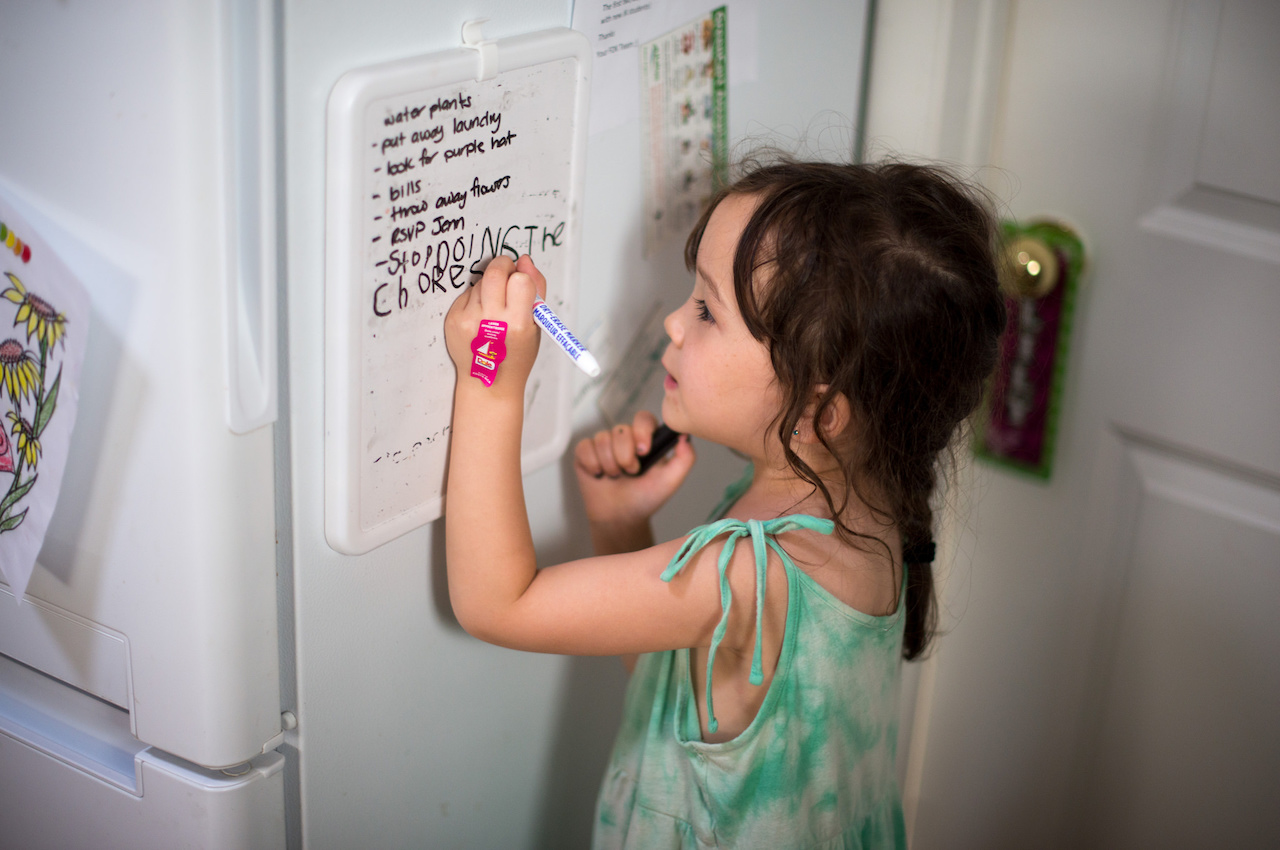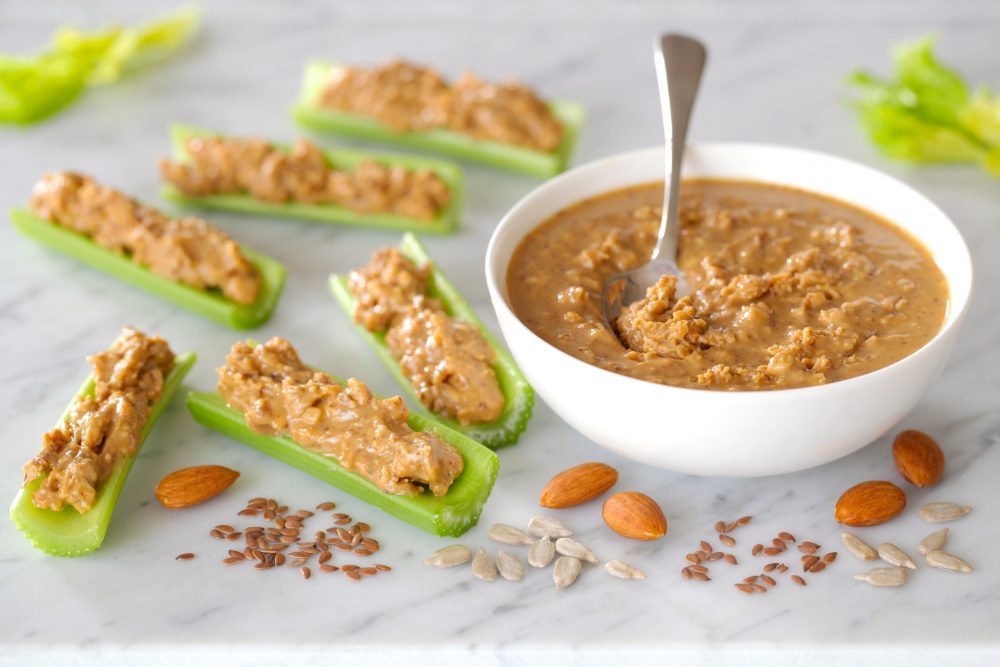Prioritising your family’s wellbeing and being conscious about what you consume at home is so important. It’s known that children who consume a balanced diet before the age of 14 are less likely to suffer from poor mental health in adulthood.
They say ‘you are what you eat’ and we all know that food not only fuels the body but the mind too. We eat nutritious food so our bodies can grow, repair, and function well. Our brain fuels itself in the same way, accounting for around 20% of our total daily energy requirements.
When we choose nutritious foods, we’re providing our body and brain with the building blocks needed to be at our best. From vitamins and minerals to healthy fats and fibre, all nutrients play a role in brain health and function.
Following a healthy pattern of eating is linked with better stress management, improved sleep quality, increased concentration, and better mental wellbeing in general. Just as our food choices affect our physical and mental wellbeing, the opposite is also true – we’re more likely to follow a healthy diet when we’re in a good headspace.
While keeping a balanced diet and eating from the 5 main food groups is key for overall wellbeing, some foods are shown to be linked in improving mental health:
- Anxiety – Fruit, veg and wholegrains
- Mood boosters – Cottage cheese and air popped popcorn
- Concentration – Tuna
- Irritable/feeling unsettled – Quinoa, celery
- Depression – Walnuts and bananas
Listen to Siobhan’s podcast below or visit The Good Foundation’s website for more information.







